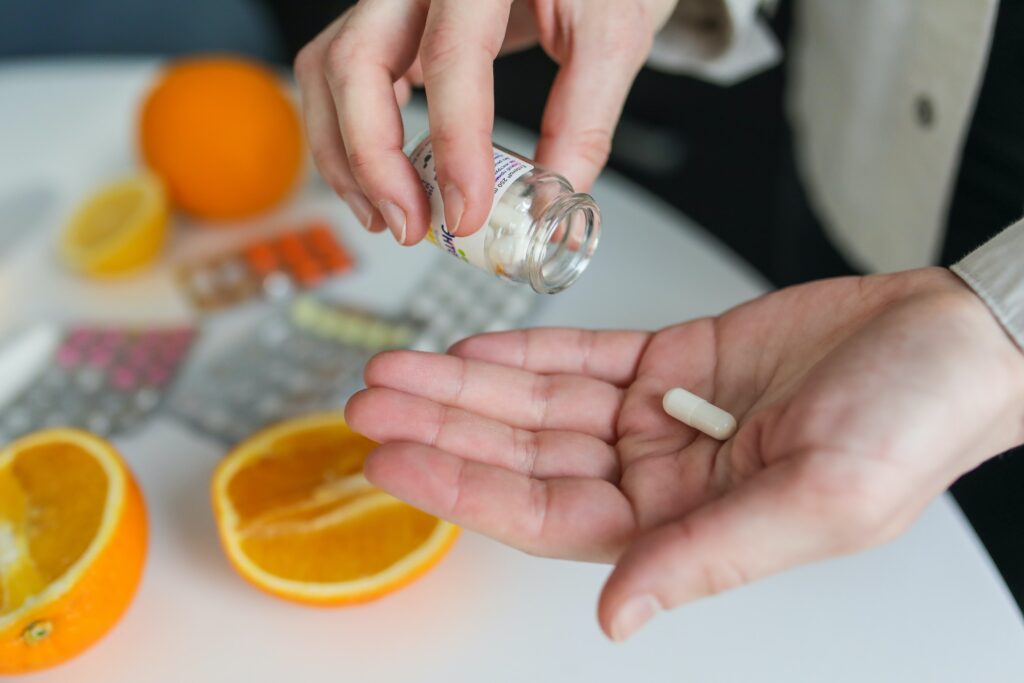If you have diabetes, you should discuss any supplement with your doctor. Many supplements are safe and provide natural remedies for diabetics, but if your doctor is not comfortable prescribing them, you should avoid them.
Such supplements may include Vitamin D, Resveratrol, Chromium, Bitter melon, and Zinc. Here are some other things you should know about them.
Your doctor may recommend other supplements that you can take for diabetes.
Resveratrol
Despite the positive effects of resveratrol, researchers have still not yet determined whether resveratrol supplements should be avoided by diabetics. However, as part of a healthy diet, resveratrol may be beneficial for diabetics.
That being said, these supplements should not be taken by diabetics unless they have a medical reason to do so. The potential harms of sugar and alcohol may outweigh any benefits that resveratrol may have.
Vitamin D
If you're a diabetic, you may be wondering if vitamin D supplements are good for you. There is no clear evidence that they are.
The Institute of Medicine of The National Academies has set guidelines for adequate vitamin D intake for adults. These guidelines vary depending on age, sex, race, and ethnicity. For instance, a daily dose of 400 IU of vitamin D is appropriate for healthy adults. But for those over 70, or those with type 2 diabetes, the guidelines increase to 600 IU daily.
Chromium
The Food and Nutrition Board recommends that adults consume about 20 to 25 micrograms of chromium per day. Men should consume about 30 to 35 micrograms a day.
Because chromium excretion is directly correlated with blood sugar, the recommended daily intake of chromium for diabetics may be increased. This is because people with diabetes tend to have lower blood levels of the mineral, while excreting more chromium through urine.
Bitter melon
There is some scientific support for using bitter melon supplements as a way to control blood sugar levels. Studies suggest that they increase the activity of a specific enzyme that helps the liver transport glucose to cells. This enzyme is the same one activated by exercise.
Lycopene
Although lycopene supplements may be beneficial for diabetics, the question is whether they are dangerous for them. These supplements can activate an antioxidant enzyme that affects lipid and glucose metabolism. In a small study, lycopene supplements lowered the FBG concentration and improved insulin sensitivity. The study concluded that the compounds are safe for diabetics.
Vitamin B12
People with diabetes are at risk of developing a vitamin B12 deficiency, which can have serious consequences on their overall health.
As a result, these individuals are encouraged to undergo regular blood tests to check their levels of this nutrient. If their levels are low, they may need to take steps to increase them, such as taking supplements.
L-glutamine
The question of "should diabetics take L-glutamine supplements?" is a complex one. While it is an amino acid that is abundant in animal proteins, plant-based sources also contain glutamine. Animal-based sources tend to provide more of the essential amino acids, such as lysine and methionine.
However, studies have shown that most people only consume three to six grams of glutamine each day, so it is recommended to eat about three servings of foods that are rich in glutamine. You may also consider taking multvitamins to get the right amount.
What else is out there?
As you likely already know, there are so many options out there claiming to help the diabetic condition. One such alternative is bloog sugar supplements. Make sure to check out our list of the best ones. You also may consider these herbs and teas.



